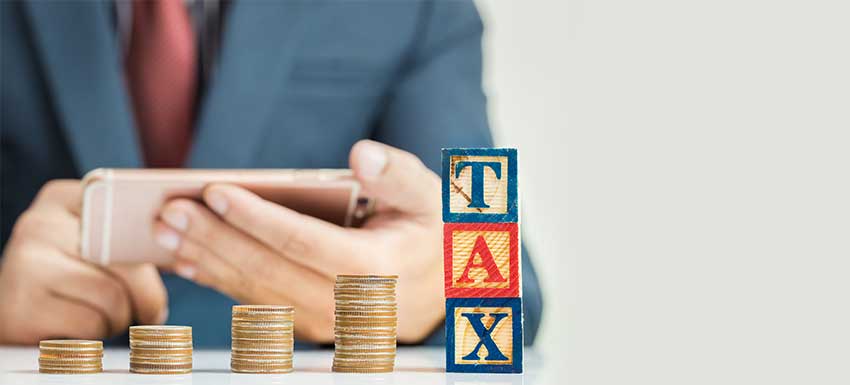Most Common Tax Saving Mistakes You Can Avoid

Every taxpayer must not ignore the opportunity to save on taxes legally. The lesser taxes you pay, the greater is your disposable income. Advice on the various schemes to reduce tax payable is valuable at all times of the year. However, it becomes all the more significant during the end of the financial year. At this time, most salaried individuals prepare their documents related to tax declaration for submission to their payroll department.
Tax savings, as per the rules laid out, is one of the best ways to pay only what you need to with nothing extra. According to the amendments introduced in the Union Budget, an individual can plan taxes to save the maximum permissible amount.
In this blog, we will discuss the common mistakes you make during tax planning, which do not let you enjoy maximum savings.
- Planning investments last-minute
Many individuals take steps at the eleventh hour to save on taxes. They consider investing in schemes like ELSS, NPS, or mutual funds online. It is a good idea to make these investment decisions during the earlier part of the financial year. Doing so leads to efficient time management and allows you to consider constructive options.
- Making poor investment decisions
Most taxpayers tend to pick investments in a hurry only to qualify for the eligible deductions. They do not pay much attention to the overall performance of the schemes and pick the ones that are less efficient in terms of tax savings and returns. ELSS, for example, gives you a shorter lock-in period, high-return potential, and tax exemption. Before you decide on an investment, look at its holistic benefits.
- Buying insurance to save taxes
Insurance policies help to protect you and your loved ones during medical emergencies. They also provide tax benefits under the relevant section. Taxpayers must consider tax saving as an added benefit and not the sole reason for purchasing insurance plans. Your decision for an insurance product should depend on your budget and requirements.
- Ignoring the provisions of Section 80C
The limit for tax exemption under Section 80C is Rs. 1,50,000. The most popular way to save taxes under this section is investing in tax-saving schemes like FDs, NPS, ELSS, etc. But apart from starting a monthly SIP in such tax-efficient products, you must account for payment of principal and interest of home loans, EPF contribution, etc. These payments qualify for tax exemptions, and you must make further investments for claiming the deduction only after you deduct these amounts.
- Not considering donations
Under Section 80G, donations to educational and charitable institutions and certain funds qualify for tax exemption. Sometimes, the tax exemption can be high depending on the funds you donate to. Many taxpayers make donations but do not use them for claiming deductions.
Final thoughts
The above tax-saving mistakes are commonly repeated by taxpayers. Act like an informed citizen and make wise decisions for optimum utilization of income tax deductions. Download the Tata Capital Moneyfy App to make investment decisions that meet your financial goals and find the right mix of tax-saving investments.


